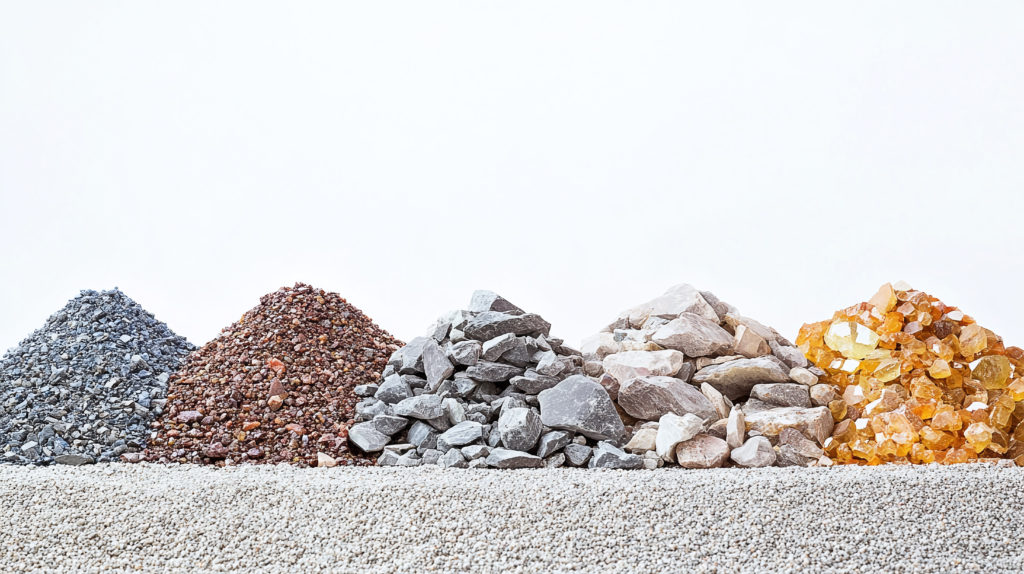China suspends rare earth, magnet exports – report
Posted Under Commodity News, On 14-04-2025
Source: mining.com
Beijing has halted exports of a wide range of critical minerals and magnets in an effort to choke off supply to various industries ranging from electric vehicles and semiconductors to defense and aerospace, the New York Times reported late on Sunday.
The suspension is part of China’s retaliation for US President Donald Trump’s sharp increase in tariffs amid escalating trade tensions between the world’s two biggest economies.
The report follows China’s announcement earlier this month that it placed strict export controls on six heavy rare earth metals that are refined almost entirely within the country. These materials are used to make special magnets found in many kinds of electric motors, which are crucial components of vehicles, drones, robots, missiles and spacecraft. China also restricted exports of its magnets, which account for 90% of the global production.
Rare earth magnets currently make up a tiny share of China’s overall exports, so the controls would have a relatively smaller impact to China than its prominent trade partners.
Since the announcement, ports have halted shipments while the Chinese government finalizes a new regulatory framework, which could permanently cut off access for certain companies, especially US military contractors, the report said.
The disruptions come just as the US announced tariff exemptions for many electronics, but rare earth components remain affected. Industry leaders warn the delay in export licenses — expected to take at least 45 days — could deplete global stockpiles.
“Does the export control or ban potentially have severe effects in the U.S.? Yes,” Daniel Pickard, the chairman of the critical minerals advisory committee for the Office of the United States Trade Representative and Department of Commerce, told the New York Times.
“Drones and robotics are widely considered the future of warfare, and based on everything we are seeing, the critical inputs for our future supply chain are shut down,” said James Litinsky, chief executive of MP Materials, which operates the only rare earth mine and processing facility in the US.
While some Japanese firms maintain over a year’s worth of rare earth inventory, many American companies keep minimal reserves to free up cash.
Meanwhile, prices of key materials like dysprosium oxide — which have come under the new export controls — have surged to about $204/kg in Shanghai, and much more outside China, the report noted. This would drive up costs for companies in the US as well as those in Japan and Germany, to which the export controls also apply.
However, the restrictions appear unevenly enforced across China’s ports, the NYT reported. Some allow magnets with trace amounts of heavy rare earths to leave the country, while others demand rigorous testing to ensure compliance.
China’s dominance in the rare earth sector stems from its control over the mineral deposits in Jiangxi province and the powerful magnet production hub in Ganzhou. Factories like JL Mag Rare-Earth, which supplies EV giants Tesla and BYD, remain central to global manufacturing.

